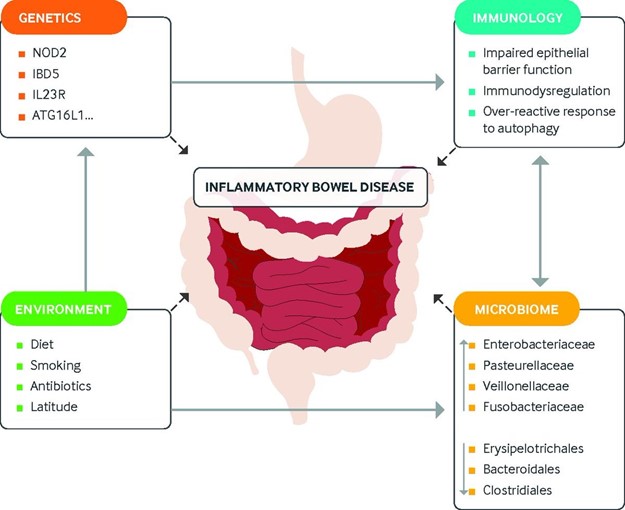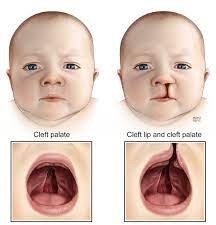Therapeutic management for an adolescent with Crohn's Disease includes which treatment?
Dietary restrictions to reduce calorie and fat intake to lose weight
Keep the child in isolation to prevent spread of the infection.
Control the inflammatory process to reduce or eliminate symptoms.
Restrict foods containing gluten to control the symptoms
The Correct Answer is C
Crohn's Disease is an inflammatory bowel disease that can affect any part of the digestive tract. The goal of treatment is to control inflammation, relieve symptoms, and prevent complications. To achieve this, the healthcare provider may prescribe medication such as anti-inflammatory drugs, immunosuppressants, or biologic therapies that target specific inflammatory pathways.
These medications can help reduce inflammation and improve symptoms.
In addition to medication, nutritional therapy may also be recommended to help manage Crohn's Disease. However, dietary restrictions to reduce calorie and fat intake to lose weight or restrict foods containing gluten to control symptoms are not specific treatments for Crohn's Disease.
Keeping the child in isolation to prevent the spread of the infection is not relevant to Crohn's Disease, as it is not contagious.

Nursing Test Bank
Naxlex Comprehensive Predictor Exams
Related Questions
Correct Answer is C
Explanation
Suctioning secretions away from the suture line helps maintain the surgical site's cleanliness and promotes healing. It helps prevent accumulation of mucus or oral secretions that can interfere with the healing process and increase the risk of infection. The nurse should use a gentle suctioning technique to avoid disrupting the surgical site.
Applying Neosporin to the surgical site is not typically recommended unless specifically prescribed by the healthcare provider. It is important to follow the provider's instructions regarding wound care.
Applying elbow immobilizers when not being held is not necessary for cleft lip surgery. Elbow immobilizers are usually used in other surgical procedures or for other reasons, such as preventing contractures.
Feeding increased amounts of formula to prevent weight loss is not an appropriate intervention for the first few days after cleft lip surgery. The surgical site may be sensitive, and the child may experience difficulty with feeding initially. The nurse should provide guidance and support for feeding techniques appropriate for the child, which may include using specialized bottles or positioning techniques.

Correct Answer is C
Explanation
Prednisone is a corticosteroid medication that can increase blood glucose levels by promoting gluconeogenesis (the production of glucose from non-carbohydrate sources) and reducing glucose utilization in the body. This can lead to elevated blood sugar levels, especially in individuals with diabetes. The client's history of urinary tract infection and the use of Prednisone suggest that the infection might have triggered the development of DKA.
It's important to note that DKA can occur even when a person is taking insulin as prescribed and following their diet carefully if other factors contribute to the development of DKA, such as an underlying infection or the use of certain medications like Prednisone. The nurse should further assess the client's condition and notify the healthcare provider to initiate appropriate management for DKA.
Whether you are a student looking to ace your exams or a practicing nurse seeking to enhance your expertise , our nursing education contents will empower you with the confidence and competence to make a difference in the lives of patients and become a respected leader in the healthcare field.
Visit Naxlex, invest in your future and unlock endless possibilities with our unparalleled nursing education contents today
Report Wrong Answer on the Current Question
Do you disagree with the answer? If yes, what is your expected answer? Explain.
Kindly be descriptive with the issue you are facing.
